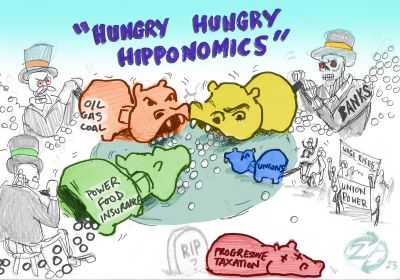
The Reserve Bank of Australia claims it is “fighting inflation” by hiking up interest rates. But, as Zane Alcorn argues, it has never been independent of the capitalist class and is dutifully carrying out its interests.

The Reserve Bank of Australia claims it is “fighting inflation” by hiking up interest rates. But, as Zane Alcorn argues, it has never been independent of the capitalist class and is dutifully carrying out its interests.

It seems like no government official or senior public servant realised the Robodebt scheme was illegal, but the idea that the Coalition government didn’t know exactly what it was doing is preposterous, argues Zane Alcorn.

There are valid concerns about pandemic lockdowns. But, as Zane Alcorn argues, so-called 'freedom' protestors have never marched for other's rights nor been concerned about keeping people safe from COVID-19.

The Federal Court's ruling that the government has a duty of care to protect young people from climate change is a win. Zane Alcorn argues it is due to mass mobilisations on the streets.

Questions are being asked about why energy giant AGL is being allowed to get away with designating a pitiful amount of funds to rehabilitate its coal-fired power stations and coal seam gas operations, writes Zane Alcorn.
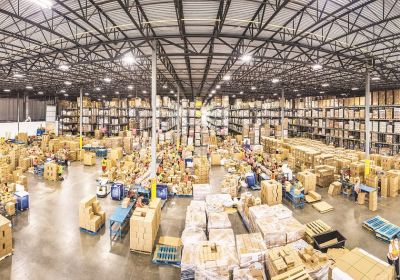
Centre for Future Work senior economist Alison Pennington talks about the economic implications of the COVID-19 pandemic and alternatives to austerity and deregulation.
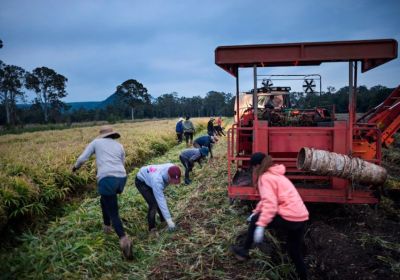
Three unions have called for the scrapping of the working holiday visa program, claiming it will lead to better wages. But will it? Or is it an excuse to scapegoat and play the nationalist card, asks Zane Alcorn.

In our latest podcast, Green Left sits down with Alison Pennington, a senior economist at the Centre for Future Work, to discuss the economic implications of the COVID-19 pandemic, the federal government's response and alternatives to austerity and deregulation.
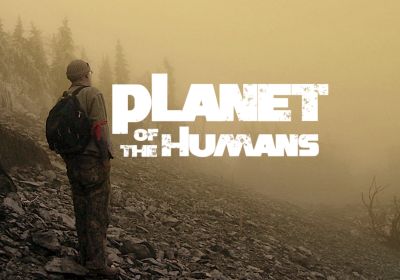
For a film that claims to be about breaking the environment/climate movement away from the tentacles of capitalist-funded NGOs, Planet of the Humans fails to articulate a vision of what an alternative, people powered climate movement could look like, writes Zane Alcorn.
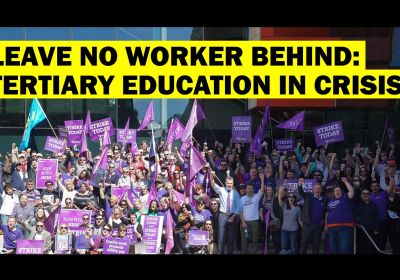
This episode of Green Left features an important discussion with National Tertiary Education Union branch presidents and Socialist Alliance members Jonathan Strauss and Helen Masterman-Smith on the kind of politics and fight needed to save universities.
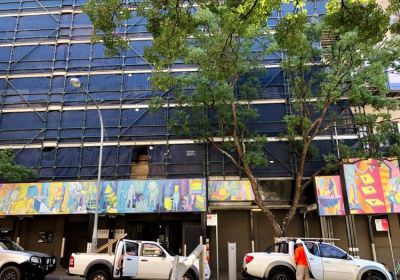
Historically, the Construction, Forestry, Mining and Energy Union has been a leader in championing stronger safety guidelines. It needs to step up now during the COVID-19 emergency, writes Zane Alcorn.
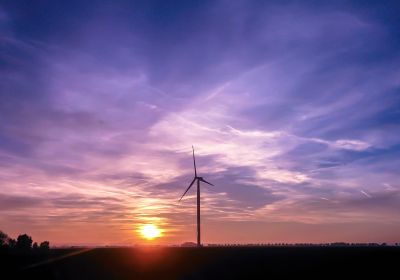
Climate activist Zane Alcorn looks at a groundbreaking, decade-old report that showed how Australia could have had 100% renewable energy by now.